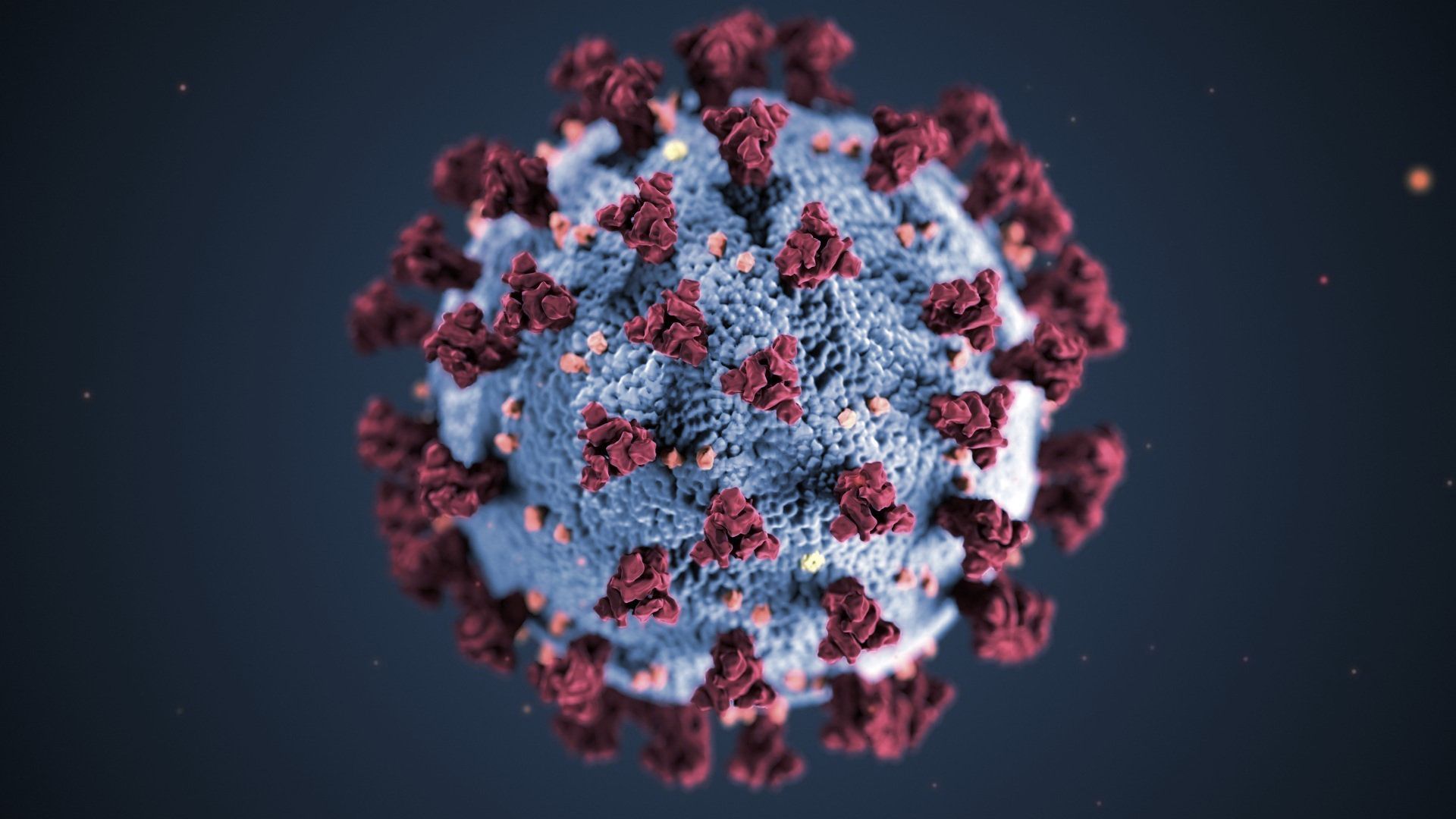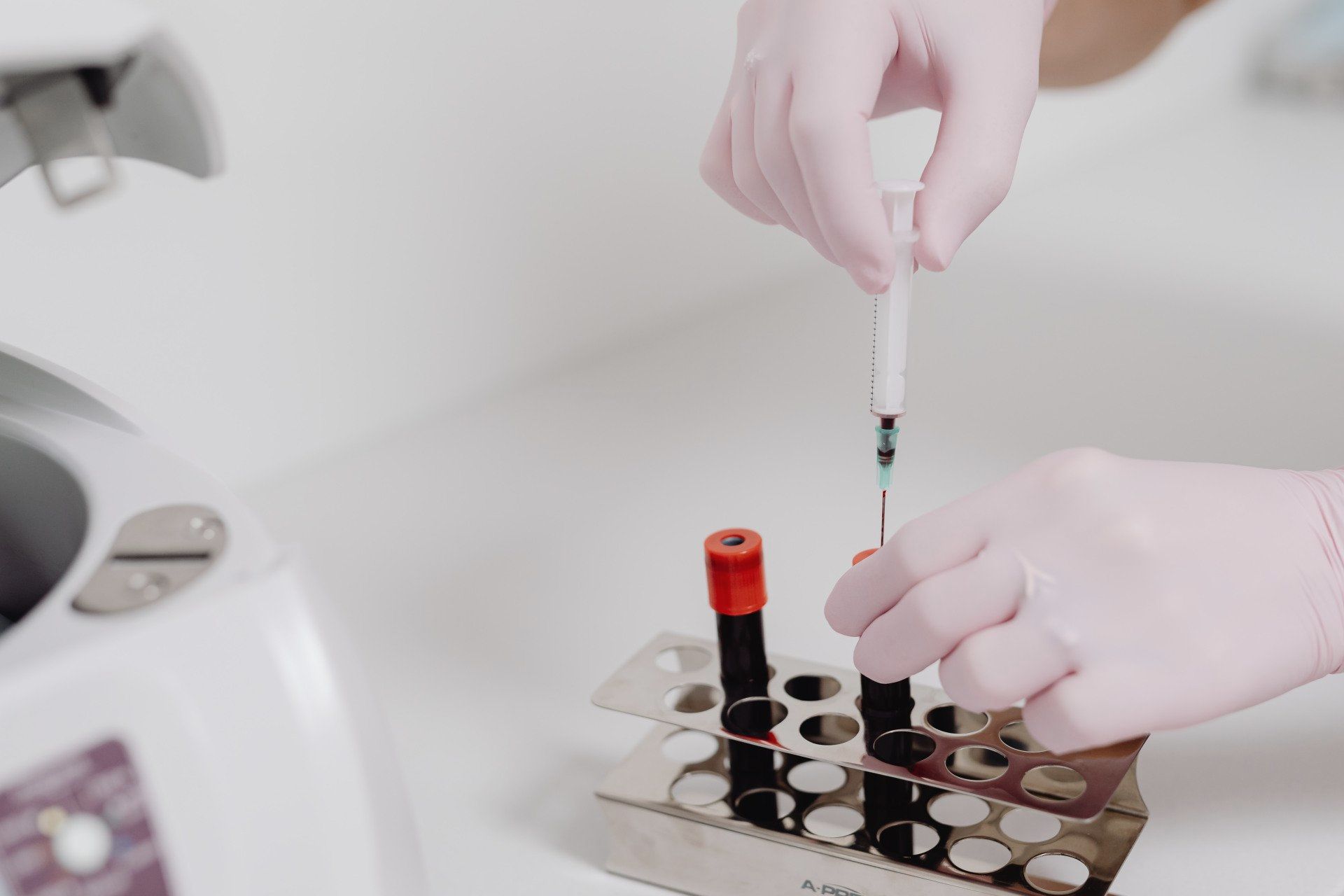How Do You Treat Hair Loss?

The tiny skin sacs called follicles are the source of hair growth. There are
approximately 5 million hair follicles in the body, about 100,000 of which are located on the scalp.
Male-pattern hair loss, the most prevalent cause of hair loss in males, can occur at an early age. Occasionally, it begins in the late teens or early twenties. Keep reading to find out more about the causes for men’s hair loss.
Is hair loss common in men?
Typically, it occurs later. By age 50, more than half of men experience signs of male-pattern hair loss, such as thinning, a receding hairline, or baldness.
Although it is not necessary to treat this type of hair loss, treatment alternatives are available. Some men regain a small amount of hair after receiving treatment for hair loss. Men who get the best outcomes typically begin treatment as soon as they notice hair loss.
Can a man’s hair regrow after experiencing hair loss?
Typically, pattern hair loss is permanent, meaning that hair does not regrow. Oral medications like
Finasteride (Propecia), a prescription oral medication, or Minoxidil, a topical medication, may be able to halt or prevent hair loss if detected early.

What causes for men’s hair loss are related to vitamin deficiency?
Hair loss may be caused by a deficiency of vitamin D. Vitamin D plays a role in activating both new and old hair follicles. When vitamin D levels are insufficient, fresh hair growth can be impeded.
Alopecia, the autoimmune disorder that creates bald patches on the scalp and other parts of the body, has been related to vitamin D insufficiency. Men and women can suffer from alopecia.
Insufficient vitamin D levels are caused by spending more time indoors, wearing sunscreens, and not consuming enough vitamin D-rich foods.
Are diseases part of the causes for men’s hair loss?
Patients suffering from or recovering from a medical disease or sickness frequently experience hair loss. In addition to a growing list of troubles and concerns, hair loss can cause further tension and anxiety as it becomes more common and obvious to others. There are many health problems that can cause hair loss, but the following are some of the most common:
- Lupus: this chronic autoimmune condition can cause a variety of skin-related symptoms, including hair loss.
- Alopecia Areata: an autoimmune illness affecting the skin and scalp that causes unexpected hair loss.
- Thyroid Disorders: hair loss can be caused by both an overactive and underactive thyroid.
- Cancer: while cancers such as Hodgkin’s lymphoma can cause hair loss, chemotherapy is often the primary cause.
- Eating Disorders: eating disorders such as anorexia and bulimia not only put stress on the body but also deprive hair-growing cells of vital nutrients.
- Burning Scalp Syndrome: researchers have been unable to determine if sensations such as itching, burning, and discomfort directly cause hair loss, or if the symptoms and loss are more intricately related.
- Polycystic Ovarian Syndrome: This hormonal disorder can cause hair loss and thinning by interfering with hair growth.
- Trichotillomania: The source of this condition, which causes an irrepressible impulse to pull out healthy hair from the head or other places, such as the eyebrows, is unknown.

How can I cure the causes for men’s hair loss?
Prescription and nonprescription (OTC) drugs
There are basically two common treatments for male pattern baldness: Minoxidil and Finasteride.
- Rogaine (Minoxidil): Rogaine is available over the counter as a liquid or foam. Apply it twice daily, or as directed by your pharmacist, to the scalp to promote hair growth and prevent hair loss. Results from Minoxidil can take four to six months to manifest. The efficacy also depends on the correct administration and dosage.
- Finasteride (Proscar, Propecia): Finasteride is available as a daily tablet. It is only sold with a doctor’s prescription. It usually takes at least three months of taking the drug every day to see how it works.
Below are the two best products from our store:
- Finasteride
- Propecia
Hair transplants
The two most common ways to transplant hair are called follicular unit transplantation and follicular unit extraction. Keep in mind that both hair transplant operations are considered surgical procedures, so they can be costly and painful.
Laser therapy to cure causes for men’s hair loss
Some types of hair loss, such as alopecia areata, may be treated using lasers to lessen the inflammation in the follicles that prevents hair regeneration.
Lifestyle changes
- Quit smoking: If you smoke, quitting may help reduce hair loss.
- Scalp massage: Not only are massages relaxing, but they may also prevent hair loss.
- A balanced diet: A balanced diet may aid in the maintenance of healthy hair.
- Reduce stress: Stress can be extremely damaging to the body, particularly the hair.
Get a hair loss consultation at Fusion Pharmacy today! You can also contact us for more information.












